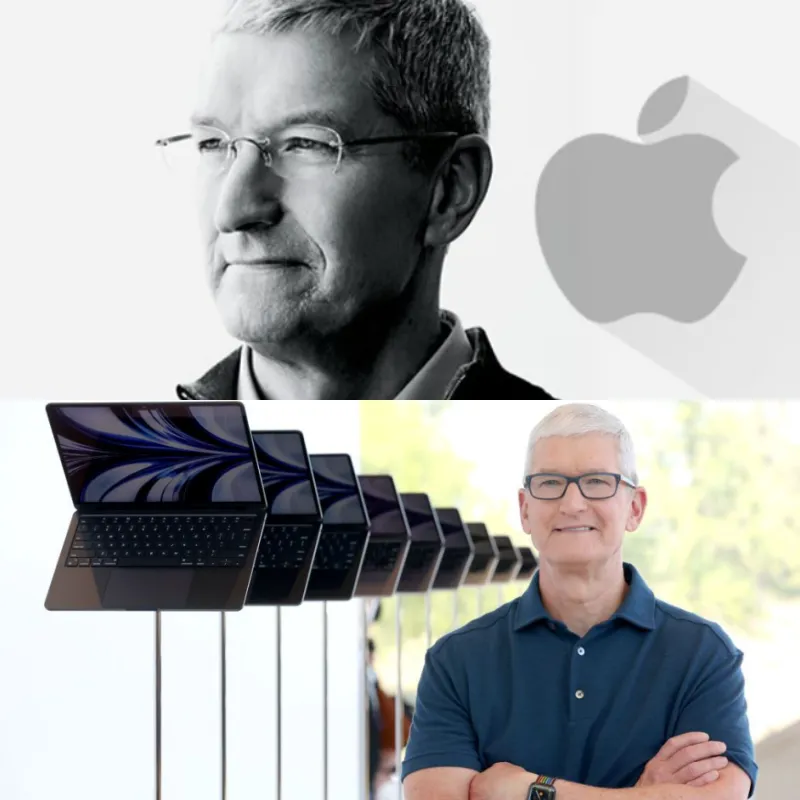
Tim Cook, the CEO of Apple, has a unique strategy to retain senior employees: offering substantial compensation without requiring them to work full-time. This approach helps maintain public trust in Apple and ensures continuity within the company.
How It All Began
According to Mark Gurman, an expert at Bloomberg, this practice started shortly after Steve Jobs passed away in 2011, just six weeks after Tim Cook became CEO. At that time, Bob Mansfield, a key engineer in Apple’s hardware division, wanted to leave the company. Worried that Mansfield’s departure would cause turmoil among shareholders, Cook convinced him to stay with the promise of a large salary and bonuses. Mansfield agreed but did minimal work until he eventually took on the Apple Car project.
Jony Ive’s Case
In 2015, Tim Cook applied the same strategy to Jony Ive, Apple’s iconic designer. Ive wanted to leave the company but was retained with a lucrative offer that allowed him to work only 1-2 days a week. Ive eventually left in 2019 to start his own company, but Apple spent years reassuring the public that Ive was still involved and had contributed significantly to the company’s success.

The Role of “Apple Fellow”
Another example is Phil Schiller, Apple’s Vice President of Marketing. To keep him onboard, Apple created the special title of “Apple Fellow,” an honor given to individuals with long-term contributions to the company. Schiller continues to oversee the App Store while holding this prestigious position.
The Latest Example: CFO Luca Maestri
Apple continues to use this strategy nearly 13 years after Steve Jobs passed away. The most recent example is Luca Maestri, Apple’s CFO, who is expected to step down soon. However, Maestri will remain with the company, taking on advisory roles and continuing to support Tim Cook.

By offering key employees significant compensation while allowing them more flexibility, Tim Cook has managed to retain Apple’s top talent, ensuring stability and confidence in the company.



